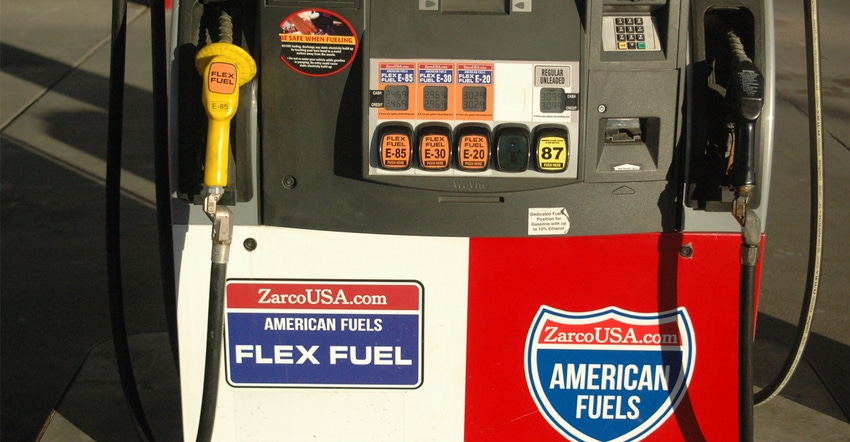September 12, 2018

In an effort to expand the market for domestic agriculture products, reduce harmful emissions and provide consumers with lower cost fuel choices, the Urban Air Initiative, National Farmers Union and Farmers Union Enterprises announced they have formed a strategic alliance to expand the use of American-grown biofuels.
The three groups intend to pursue a broad spectrum of advocacy and advertising activities in furtherance of social, regulatory and legislative solutions to current barriers that limit the amount of biofuels used in the nation's transportation sector.
Roger Johnson, president of the nearly 200,000 family farmer- and rancher-led National Farmers Union, hails the alliance as a "timely and powerful marriage of urban and rural priorities." "Protecting the public health and welfare — and at the same time improving the rural economy and benefiting family farmers — is a win-win for America," Johnson says.
Doug Sombke, president of Farmers Union Enterprises, says there is an unprecedented opportunity at hand with the recent rule proposed by the U.S. Environmental Protection Agency and Department of Transportation requesting input on whether, and how, U.S. regulatory policy should require higher quality, cleaner burning fuels such as E30. Automakers have said they need these fuels to power next-generation higher compression engines, resulting in improved fuel efficiency, a reduction in carbon and other harmful emissions, and significant cost savings for consumers at the pump.
Trevor Hinz, director of Urban Air Initiative, notes that the vast body of best-available science proves renewable ethanol's superior octane properties substantially reduce the most harmful mobile source of air toxics, the predominant source of which are benzene-based aromatics that refiners synthesize from crude oil. Hinz cites the mandatory provision in the Clean Air Act that requires EPA/OTAQ to reduce MSATs to the "greatest extent achievable ... as technologies present themselves."
FUE's Sombke adds that, "at the end of the day, this is about putting America first and making sure that unaccountable regulators are not allowed to create an artificial monopoly for oil interests that harm consumers, the environment, and exacerbate our trade deficit."
Source: Urban Air Initiative
You May Also Like




